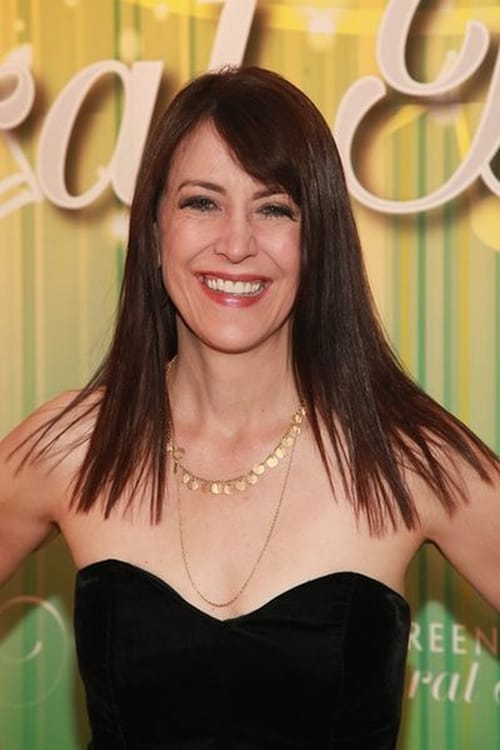I've Got a Secret
Watch Series
Share
Cast & Crew
1 member
Acting
Stephanie Miller
Self - Host

Similar TV Shows
Recommended Tv Shows

No Recommendations Yet
We're working on finding the perfect shows for you. Check back soon!
More shows coming soon
Self - Host


We're working on finding the perfect shows for you. Check back soon!